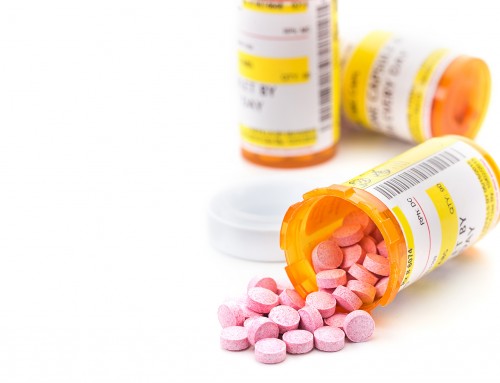What factors affect Warfarin dosage?
International Normalized Ratio (INR) is a blood test used to determine the correct dose of warfarin, and monitor its anticoagulant effects. The higher the INR, the longer time it will take to clot, leading to a higher risk of bleeding. Warfarin has a narrow therapeutic range, and requires an INR of 2-3 in order to work effectively. It could take weeks to months to stabilize due to variations in responses to warfarin.
The dosages for warfarin vary among individuals, and are affected by factors such as genetics, age, body size, diet, medications and underlying medical conditions.
Genetics
Genetic variations in the CYP2C9, VKORC1, CYP4F2 and GGCX genes alter how the body responds to warfarin and can cause warfarin sensitivity. Genetic variations are the greatest contributing factor to variances in responses to warfarin.
Age
In general, age and the required warfarin dosage have an inverse relationship. As people become older, less warfarin is needed, possibly due to a gradual decrease in metabolism over time.
Body size
Body size and warfarin dose are correlated in a direct relationship. A shorter stature and a lower body weight will require a smaller dose of warfarin.
Diet
Vitamin K in foods can alter the required dosage of warfarin. People with a Vitamin K-rich diet may need increased warfarin doses, as Vitamin K can reduce the effectiveness of warfarin. Foods that are rich in Vitamin K include spinach, broccoli, grapes, parsley and avocado.
Medications
Over-the-counter medications, herbs and supplements can affect warfarin dosage. Some medications such as aspirin, anti-inflammatory drugs and antibiotics can increase the effectiveness of warfarin, leading to increased risk of abnormal bleeding. On the contrary, some medications such as rifampin and carbamazepine can decrease the effectiveness of warfarin, leading to increased risk of hemorrhage or thrombotic events.
Medical conditions
Underlying health conditions can affect the amount of warfarin required. For example, people with congestive heart failure may require a lower dose. People who have thyroid, liver or kidney disease may also require a lower dose, possibly due to a lowered drug metabolism capacity in these organs. People with gastrointestinal problems, however, may need a higher dose due to their decreased ability to absorb so more warfarin will be required to sustain the same anticoagulant effect.
References:
WarfarinDosing.org
Pavani A, Naushad SM,
Rupasree Y, Kumar TR, Malempati AR, Pinjala RK, Mushra RC, Kutala VK (2012). Optimization of warfarin dose by population-specific pharmacogenomic algorithm. Pharmacogenomics J. 12(4): 306-11.
Warfarin Uses, Dosage, Side Effects. Drugs.com.
DNA In the News2017-04-06T19:53:30+00:00

